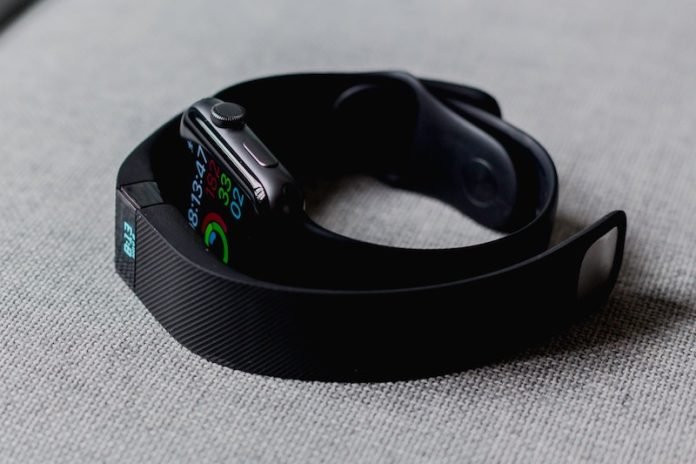
Many of us wear little wristbands known as Fitbits to track our steps, heart rate, and sleep. Fitbits have become a popular gadget over the last decade.
Researchers from two universities in Texas decided to check just how accurate these wristbands are, especially for older adults. Here’s what they found out.
Fitbits vs. Special Lab Watches
Firstly, let’s discuss what the researchers did. They compared two popular Fitbit wristbands to a special watch used in labs called the Actiwatch 2.0.
The Actiwatch is a trusted tool used by scientists to monitor people’s activity and sleep patterns when they are out of the lab.
For their study, they asked people from two age groups – young folks (ages 18-30) and older adults (ages 60-89) – to wear both a Fitbit and the Actiwatch at the same time for up to two weeks.
This helped the researchers see if the Fitbits were as good as the Actiwatch in tracking activity and sleep. The participants also wrote down their sleep timings daily.
Activity Tracking: Fitbits are Spot On
Good news for Fitbit owners: when it comes to tracking daily activities like walking, running, or just moving around, Fitbits are great.
The data from the Fitbits closely matched that from the Actiwatch. This means that if you’re using a Fitbit to see how much you move around during the day, you’re likely getting accurate information.
Why is this important? Well, our daily activity patterns – like when we’re most active and when we rest – can tell us a lot about our health.
Some scientists believe that changes in these patterns can hint at health problems. For example, older adults whose activity patterns change might be at a higher risk for certain illnesses.
Sleep Tracking: Not Fitbit’s Strong Suit
Here’s where things get a bit tricky. While Fitbits did a good job tracking daily movement, they weren’t as good at monitoring sleep.
The Fitbit data showed that people slept less and took longer to fall asleep than what the Actiwatch and sleep diaries reported. Why? There could be a few reasons.
Fitbits might be too sensitive. So, if you move a little in your sleep, the Fitbit might think you’re awake. Also, the way Fitbits decide if you’re asleep or awake (using a system called an algorithm) might not be perfect.
So, if you’re trying to figure out how well you’re sleeping, the Fitbit might not be the best choice. The Actiwatch or similar specialized devices would be better.
Conclusion
Fitbits are handy gadgets that many people use to keep an eye on their health. This research from Texas shows they’re excellent tools for checking how active you are during the day.
However, if you’re more curious about your sleep, you might want to look for more specialized tools.
Remember, getting a full picture of our health often requires multiple tools and tests, and understanding what each device can and can’t do helps us make better health choices.
If you care about heart health, please read studies that vitamin K helps cut heart disease risk by a third, and a year of exercise reversed worrisome heart failure.
For more information about heart health, please see recent studies about supplements that could help prevent heart disease, stroke, and results showing this food ingredient may strongly increase heart disease death risk.
The study was published in Smart Health.
Follow us on Twitter for more articles about this topic.
Copyright © 2023 Knowridge Science Report. All rights reserved.



